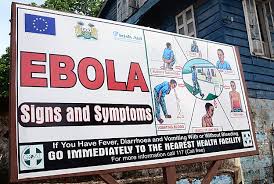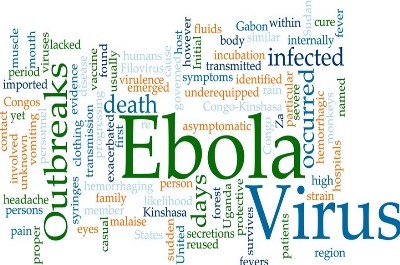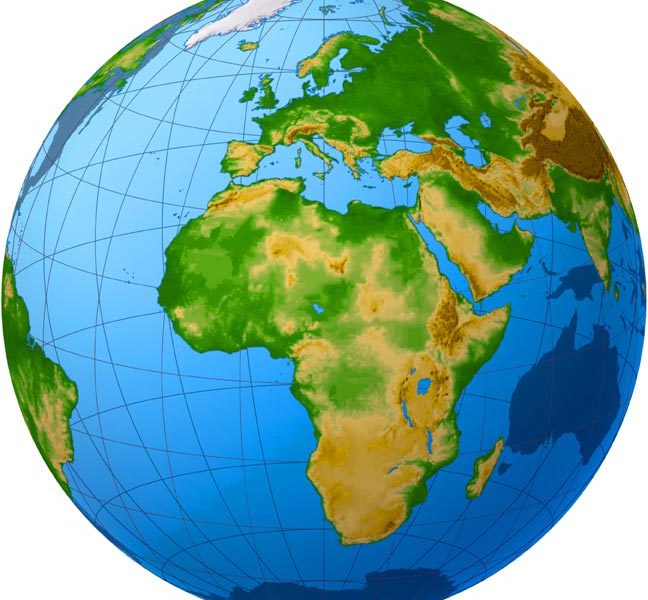EBOLA ends, what lessons learnt?
A welcome relief it is that the Ebola outbreak in my natal country, Sierra Leone, has been declared over. Call it a MOMENT of celebration; it’s a mark that the deadly virus can be and has been contained. Lying behind this spectacular success story are the concerted efforts of the ordinary Sierra Leonean whose resilience attained sky-high level, competent public/ humanitarian institutions and strong leadership. The determination of the ordinary man in the battle against the killer virus remains unparalleled and laudable.
Like any battle, the cost of victory is colossal. An estimated 4,000 lives lost, more than 2,000 survivors are battling with multiple side-effects including having to deal with stigmatization, businesses especially private sector was badly hit and it will require time to revamp the companies that were closed or scaled down in the face of the terrifying virus. My college mate, friend and personal doctor, Umar Khan, is no more. He succumbed to the Ebola virus. What fitting tribute should be given to him and the hundreds of brave medical practitioners/ doctors, nurses, ambulance drivers who succumbed to Ebola? How best should we celebrate an end to this dark chapter in our country’s history with hundreds of Ebola orphans and widows in our midst?
No doubt Lumley beach will be flooded with happy-goers; The Office Night Club will blast out the latest ‘gbagbaskai’ hit to a battalion of merry-makers; taxis will hoot their cars’ horns heavily and hundreds will fly the green, white and blue clours of our nation’s flag- all in display of legitimate joy that a terrible phase has come to an end. I think though that these kinds of celebrations should be momentary. I should think that a long-lasting carnival should be a resolve to learn some lessons from the outbreak and be merry about our desire to take the right steps to ensure this Ebola outbreak is not only over, but Ebola is gone from Sierra Leone for good and by extension similar outbreaks are prevented or speedily tackled. What lessons are there for us?
The first and most crucial lesson we should learn is the need to ensure our public institutions function effectively and efficiently in the interest of the public. The outbreak exposed the inadequacies of our public institutions- our health system could not match the speed of the virus; hospitals lack basic equipment, beddings, ambulances and personal protective equipment for the limited number of medical personnel (who were mostly inadequately trained). The nation’s news outlets especially the Government’s broadcasting apparatus (both radio and television) could not manage information to educate the masses promptly and adequately; consequently rumours and false reports were like grenades thrown at the defenseless people who would have reacted otherwise were the media outlets up to the tasks of managing news in the public interest. The appalling state of communication which prevented effective tracing -no access to phone records, no computerized or instant transmission of reports in a timely manner and the fact that internet is still an illusion to thousands is an ugly tattoo on the nation’s technological body.
Truth is a government’s ability to respond to any emergency in a robust and timely manner depends on how effective the country’s public institutions function in the interest of the public. APC, SLPP and all political parties should learn this and should prioritise the righting of the wrongs on the dismal state of our public institutions. Our politicians and leaders should cram the relevance of building state institutions and should be SERIOUS about it. End of Ebola should actually be end of the era of “I don’t care” attitude that propels ignoring the relevance of enhancing public establishments. And this be better leant by our politicians! And what would you say about the hundreds of youth volunteers who manned checkpoints in the burning sunny days and chilling nights checking the temperature of everyone who passed through their posts? Could there be a message to be deduced from the hundreds of health workers from other countries (Cuba, China, Uganda, United Kingdom to name a few) that were sent to Sierra Leone during the peak of the Ebola outbreak?
In December 2014, I walked and drove around Freetown city. In several checkpoints, I witnessed young men and women struggling to use thermometers; their dogged spirit to help prevent the spread of the virus was undermined by their lack of knowledge on the use of tools. Someone says a beautiful and well-equipped hospital that lacks skilled medical practitioners with the right attitude to serve the public is as useless as not having a hospital. Same way a battalion of soldiers with tons of bombs but without the knack to pull a grenade in a second is at the mercy of an advancing foe with matching arsenal.
Point is, our country should see value in investing on the foot-soldiers, let’s call it that. Human capacity in our public institutions has to be enhanced. It is exactly what we should learn from the health workers from other countries that were sent to help us – they have the requisite skills paired with the public interest-character. This is a resounding call to construct our human capacity; not only to get the skills to function but to internalize the attitude that their role is to serve the public. This is for all public sectors- health, transportation, communication and information, police etc
There could another very salient lesson to be learnt from the range of victims and survivors of Ebola- all tribes, workers and non-workers, Christians and Muslims, married and unmarried,old and babies all suffered. Suffering, viruses and diseases, bullets and bombs do not discriminate or select you because of your tribe, place of birth, religion, sex or age. Regardless of whether you are APC or SLPP the price of neglect and unpatriotic tendencies will be felt by you or your kin and kith. Perhaps this is the most significant rallying point for us as a nation. There is no substitute for nationalism in the face of a national catastrophe; it is the answer to nationwide development.
As the night clubs turned down the musical sets and the street carnivals come to an end, let us turn our attention to the lessons we should learn from the Ebola outbreak. Let’s remind the government and our politicians of the urgency to build our public institutions, to invest on human capacity and to promote nationalism.
Long live Sierra Leone. God bless us all.
The author is working with the United Nations in Afghanistan
By Abubakarr Talib Jalloh Stay with Sierra Express Media, for your trusted place in news!
© 2015, https:. All rights reserved.






